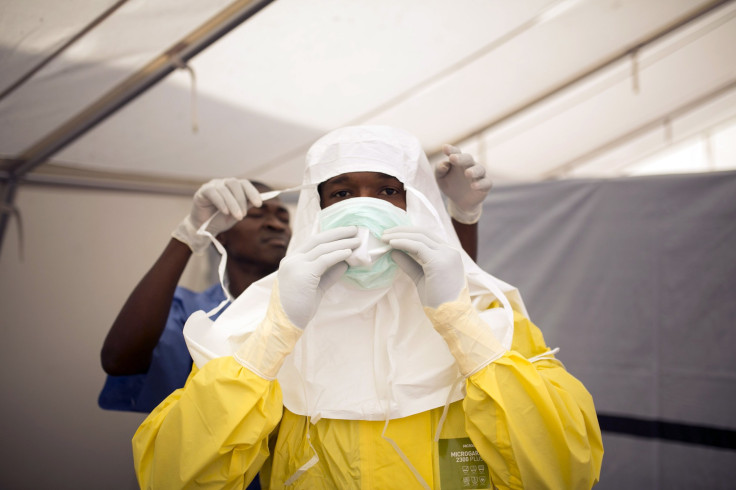Insectivorous Free-Tailed Bats Possible Source Of Ebola, Researchers Say

German researchers Tuesday said the Ebola virus in West Africa may have originated in bats. Researchers from the Robert Koch-Institute in Berlin said insectivorous free-tailed bats could be harboring the disease.
The researchers said they found no evidence larger mammals carry the disease. They said direct contact with bats is the most likely transmission route.
"We monitored the large mammal populations close to the index village Meliandou in southeastern Guinea and found no evidence for a concurrent outbreak," study leader Fabian H. Leendertz said in a press release. The research was conducted in April.
The researchers ruled out fruit bats because one of the index cases was a 2-year-old boy. They said if fruit bats had been involved, adults who consumed them for food likely would have been infected first or at least concurrently.
A hollow tree housing insectivorous free-tailed bats where children often played and which is near the home of another index case is suspected as the more likely culprit as the source of the virus.
The research was published Tuesday in EMBO Molecular Medicine.
The current outbreak, which was first detected March 23 and has infected some 20,000 people and killed 7,800, has been concentrated in Liberia, Sierra Leone and Guinea. Cases turned up in Nigeria and a handful of other African countries. Health care workers and travelers brought the virus to the United States and Europe as well, with the latest case reported this week in Glasgow, Scotland.
British researchers Tuesday blamed huge debt loads carried by the three countries hardest hit for their inability to fight the disease effectively. The study published in Lancet Global Health noted the three countries owe a combined $372 million to the International Monetary Fund and the debt service makes it virtually impossible for them to improve their health care operations.
Though transmission rates seem to be slowing, health care workers say they lack the resources to stomp out the disease. The first human trial of a vaccine developed by GlaxoSmithKline is under way under the auspices of the National Institutes of Health.
© Copyright IBTimes 2024. All rights reserved.












